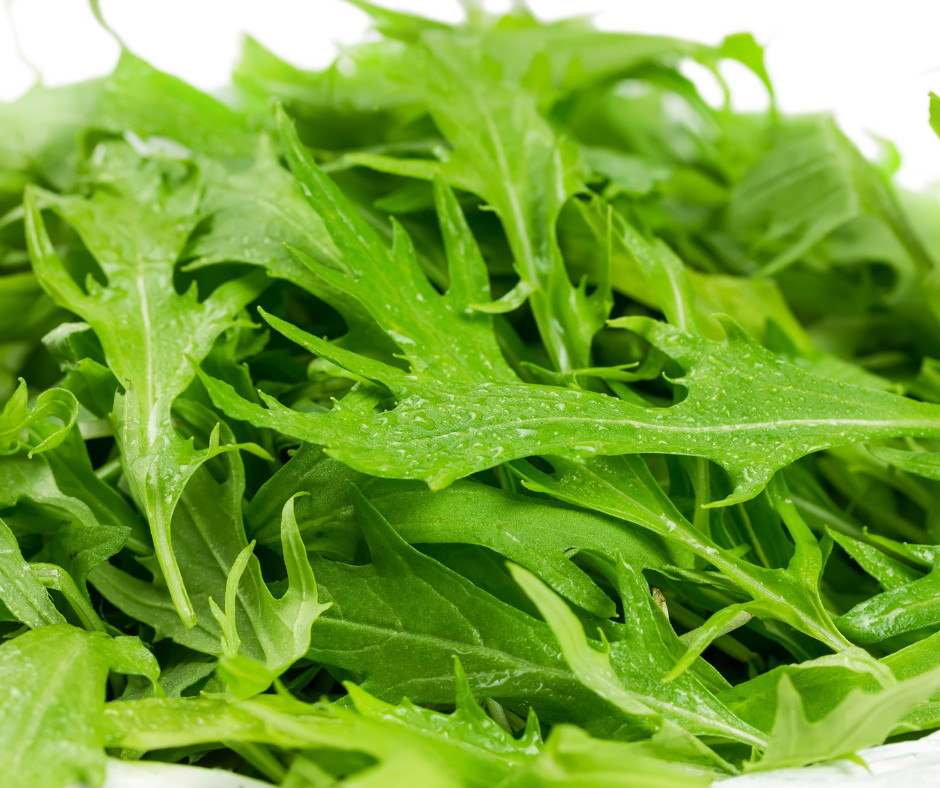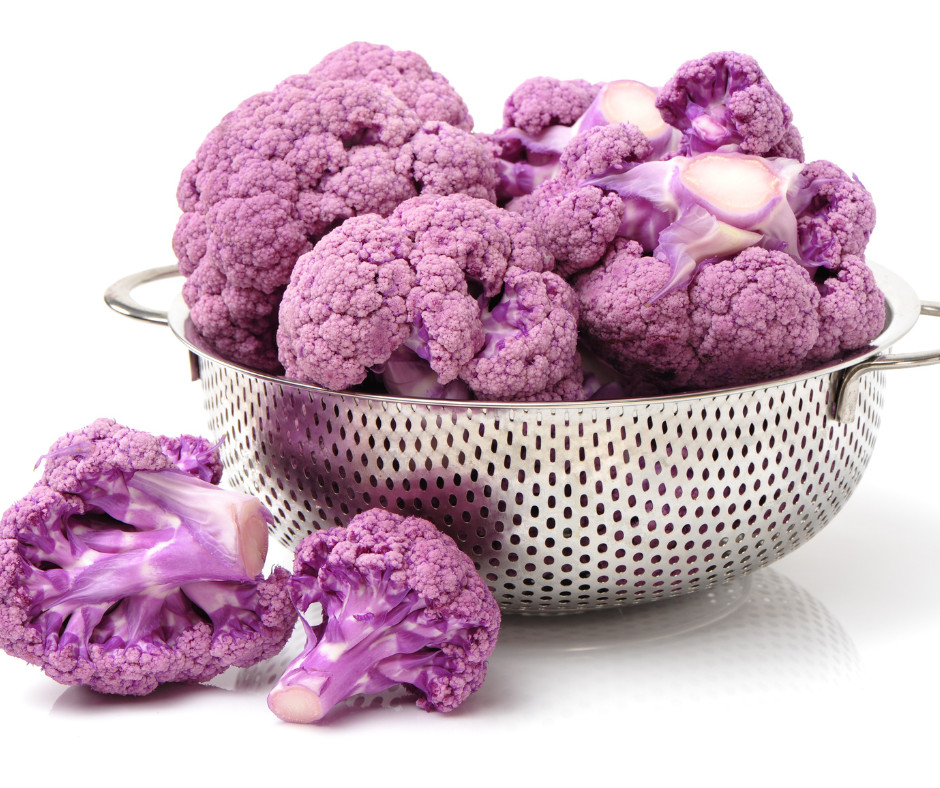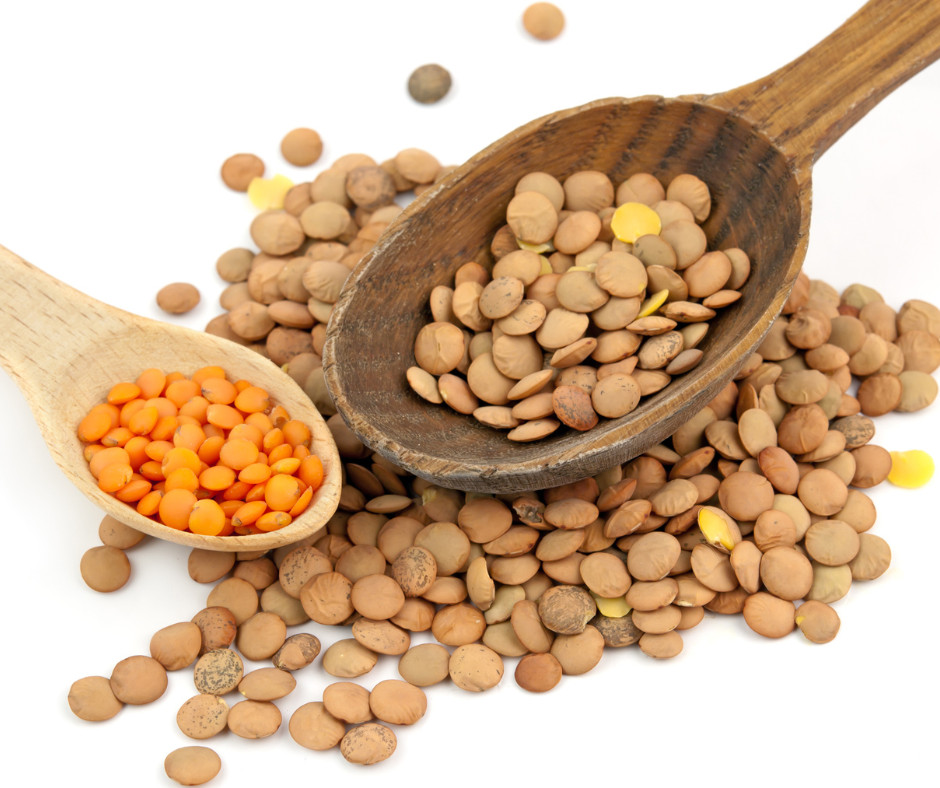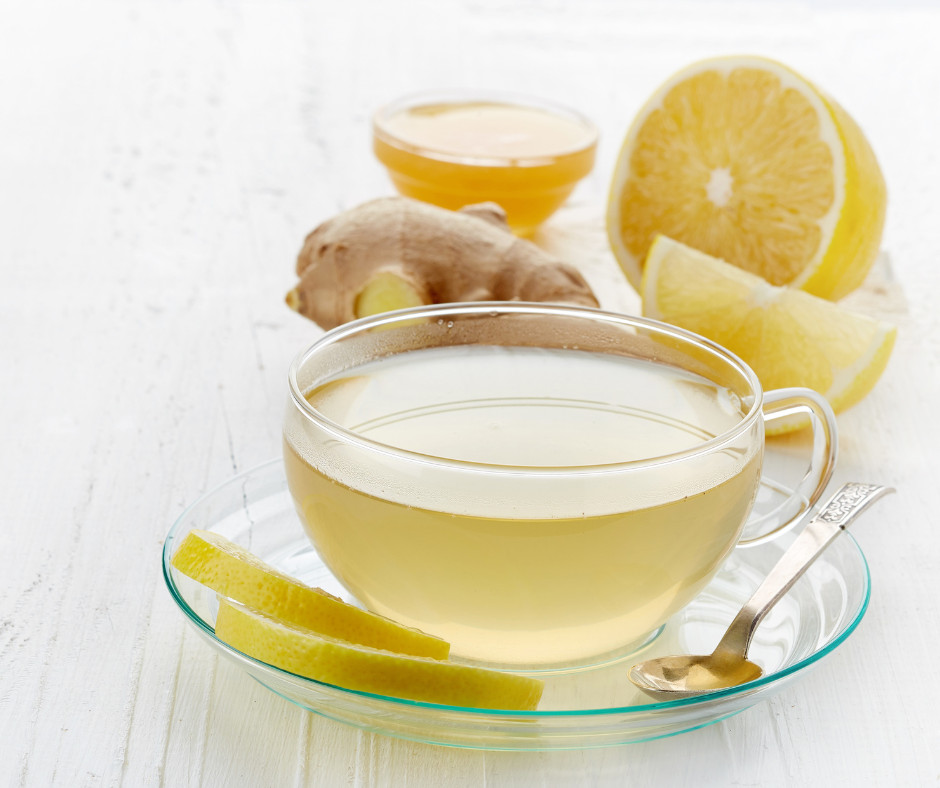
Your body can experience stress from environmental conditions such as toxins in the water and air pollution. Nutrient deficiencies can also stress your body. And finally, there is the emotional and physical stress caused by things like finances, difficult relationships, lack of sleep, moving, etc. Uncontrolled stress that occurs for longer than 6 months is considered “chronic.” It can be dangerous and is capable of increasing your risk for heart disease, diabetes, weight gain, mental disorders, digestive disorders, and other illnesses. Here are some ways you can help your body manage stress naturally.
Acupuncture
In ancient Chinese medicine, the energy called Qi is thought to control the overall health of the body. Qi moves through pathways in the body called meridians. If Qi’s flow is disturbed or blocked in any way, it can cause physical and emotional problems. The practice of acupuncture involves inserting needles at specific locations to restore Qi’s balance. Acupuncture can help with many stress-related conditions because it can help stabilize the nervous system. A study at Georgetown University showed that acupuncture actually slows the body’s production of stress hormones, and that it has a protective effect against the body’s response to stress.
Meditation/Prayer
Meditation and prayer have been used for thousands of years to improve well-being, but today they’re actually backed up by science as well. Both are simple and inexpensive, and they don't require any special equipment, unless you want music in the background. You can practice either wherever you are. Whether you're out for a walk, waiting for an appointment, or in line at the store. The goal is to focus your attention on something other than the thoughts that are causing stress. Prayer and/or meditation can give you a sense of calm and balance that can help both your emotional well-being and your overall health.
Breath Work
Breathing exercises can help you relax, because they make your body feel like it does when you are relaxed. Deep breathing is one of the best ways to lower stress in the body. This is because when you breathe deeply, it sends a message to your brain to calm down and relax. It takes you out of fight or flight and activates the parasympathetic nervous system. It can also help shift your brainwaves so that negative thought patterns are reduced, along with stress and depression levels. Another benefit of breath work is that it improves oxygen capacity in the blood which leads to overall improved energy levels and stronger stamina.
Adaptogens
Adaptogenic herbs are are a unique class of healing plants that balance, restore and protect the body. They help make it easier to handle stress by balancing hormones and physiological functions. Some can boost immunity and some have the potential to help indirectly with other health issues, like pain, digestive concerns, insomnia, and more. You can use adaptogens for a few days or weeks to get through a busy time. Or take them for a longer stretch of time when you know you are going to be stressed. The most common herbs are ashwaganda, American and Siberian ginseng, astragalus, rhodiola, and tulsi - also known as Holy basil.
Exercise
Exercise is one of the best strategies for combating stress and staying healthy. Exercising regularly can have a positive effect on your mood by relieving tension, anxiety, anger, and mild depression. It can also improve the quality of your sleep, which can be negatively impacted by stress, depression, and anxiety. And the good news, is that exercise in this situation just means movement. Walking, stretching, yoga, dance, swimming, biking, gardening, etc. The important thing is to do something you like so that the experience is enjoyable.
Did this help you? If so, I'd greatly appreciate it if you commented and/or share it on social media.

Email: sharonledwards@hotmail.com
Facebook: https://www.facebook.com/sharonledwardsbiz/
Vitamin D is an important nutrient that has a huge impact on your health. There are vitamin D receptors in most cells and tissues in your body. It is created by your body when your skin is exposed to the sun. It only takes 15 to 20 minutes of morning sun during the longer days of the year. During the shorter and colder days of the year, it can be difficult to get enough sun to keep your vitamin D levels optimum. This is especially true for those living further away from the equator. Egg yolks, fatty fish, and grass-fed cheese and butter are also good sources of vitamin D.
If you suspect that you are not getting enough vitamin D, you may want to take a supplement. One good reference for finding a high quality option is LabDoor.com. However, there are many physician grade and smaller companies making high quality supplements as well. Here are some reasons why vitamin D is so important.
Antidepressant
Depression is a complex condition which can often be addressed by addressing nutritional deficiencies, inflammation, diet and hormonal imbalances. Optimizing levels of certain nutrients like vitamin D, is one strategy that could improve anxiety, depression, and irritability. Along with vitamin D, important nutrients for optimal brain function and good mental health are magnesium, omega-3 fatty acids, vitamin C, zinc, iron, iodine, selenium, B vitamins, and amino acids.
Balances Blood Sugar
Healthy levels of vitamin D help you to produce adequate levels of insulin, one of your blood sugar regulating hormones. Without healthy levels of vitamin D, your blood sugar is more likely to fluctuate and cause problems. On-going research is inconclusive about how big a role vitamin D plays in diabetes.
Builds Stronger Bones
Vitamin D is a precursor hormone for a powerful hormone in your body called calcitriol, which is needed for bone strength and cell regeneration. It works synergistically with vitamin K2 to allow calcium uptake into skeletal bone tissue. D3 and K2 also work together to protect blood vessels from calcification. Another important role for Vitamin D is in the metabolism of phosphorus, a key mineral that supports bone health.
Supports the Immune System
Healthy levels of vitamin D support the immune system and can help protect against some infections and viruses. This is because your immune cells contain receptors for vitamin D. Specifically, T cells rely on vitamin D in order to activate, otherwise they may remain dormant. Another way that vitamin helps the immune system is by preventing prolonged or excessive inflammatory responses.
Reduces Joint Pain
Vitamin D is an important nutrient for healthy joints. The underlying cause of joint pain is inflammation, and vitamin D is a powerful anti-inflammatory. Vitamin D has also been found to be important in promoting cartilage. When the protective cartilage on the ends of your bones wears down, it can lead to pain, stiffness, and swelling in the joints.
Did this help you? If so, I'd greatly appreciate it if you commented and/or share it on social media.

Email: sharonledwards@hotmail.com
Facebook: https://www.facebook.com/sharonledwardsbiz/

The amazing versatile castor oil, is an under used and under appreciated wellness tool. It has been around since biblical times and has been used to treat a wide variety of health conditions including constipation, weak immune system, skin problems and circulation. It comes from castor beans and is high in vitamin E, minerals, proteins and beneficial fatty acids. Castor oil can be one of the simplest and least expensive of all treatments for a wide variety of health issues.
Gut Health
The health of your gut is critical to your health. And life’s stressors, such as too little sleep and a poor diet, can have a negative impact on it. When you have too many bad bacteria in your gut, your health suffers because your digestive, immune, nervous and endocrine systems all communicate and interact with one another. Castor oil has been shown to naturally break down the biofilm that surrounds bad bacteria. Once the biofilm is removed, the good bacteria can restore balance. This is just one of the many ways the use of castor oil packs can help improve your overall digestive system and improve or eliminate many of the health conditions. You can start by using a castor oil pack for 45 to 60 minutes a day. Most people alternate 3 to 4 days on with 3 to 4 days off.
Liver Detoxification
One of the most traditional uses of castor oil pack has been to support liver function. Castor oil helps improve detoxification and reduce inflammation in your liver. And a detoxed body can absorb nutrients better and use them more effectively and efficiently. You can use them for your liver in a similar way as described for gut health. Place castor oil packs around your liver once daily for about a month with breaks every 3 to 4 days. For additional improvement in your health, you may want to consider the castor oil wrap that can be worn while sleeping offered by Dr. Marisol.
Reduce Inflammation
Castor oil packs can also be used to reduce inflammation and swelling in injured joints or on sore and achy muscles. Because castor oil packs can be used warm, they help relax the muscles while aiding in the healing. Many people hold stress and tension in their muscles, specifically in the back and neck. By relaxing these muscles and easing tension, castor oil can help to indirectly reduce stress. The most convenient way to use them for muscles and joints is to buy pre-made packs that can be placed directly on the targeted area.
Balance Hormones
Your body is constantly working to remove toxins and excess hormones. There are natural detoxification pathways that help the body to process and clear toxins, excess hormones, and cellular waste from the body. This is how the body avoids the buildup of unwanted chemicals and ensures that all of the body’s processes are working efficiently. When detoxification pathways are working optimally, you can produce and use hormones optimally. As described above, castor oil packs support the liver and the digestive tract which are two critical detoxification pathways.
Skin Conditions
Castor oil can be used to treat a variety of skin conditions. The acids in it allow it to stop fungal growth including yeast infections, athlete's foot, and ringworm. Mix with coconut oil and apply it to the affected area. Leave it on overnight until the fungus heals. Another acid in it helps target the appearance of stretch marks. For stretch marks, massage castor oil into the desired area and wrap with a cotton cloth, allowing the oil to penetrate the skin for 15 to 20 minutes. Repeat on a regular basis for three to four weeks. Many people have also used it to encourage hair growth on the scalp and lashes, to reduce the appearance of scars, and cosmetically to help reduce fine lines, wrinkles and acne.
Did this help you? If so, I'd greatly appreciate it if you commented and/or share it on social media.

Email: sharonledwards@hotmail.com
Facebook: https://www.facebook.com/sharonledwardsbiz/
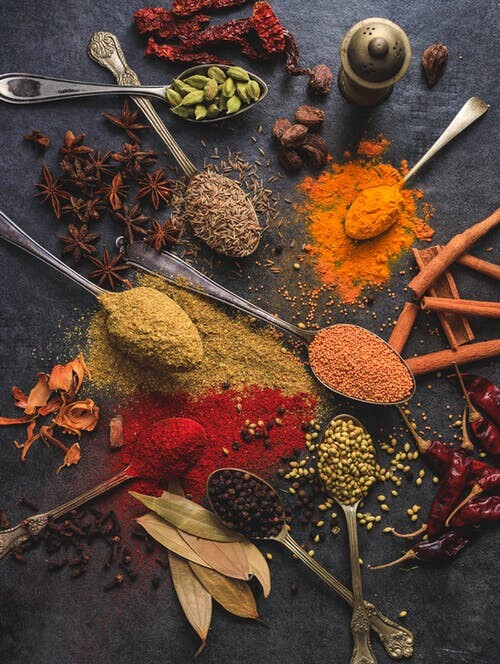
Although many people think aches and pains are a normal part of aging, your diet and lifestyle may be more of a factor than you realize. While it may be tempting to take anti-inflammatory drugs, steroids, or pain killers, it is better to get to the root of the problem and improve your overall wellness. For some, a food sensitivity can lead to aches and pains. Gluten and grains are two of the most common food triggers. Corn, soy, dairy and nightshade plants are some other common food triggers. Poor digestion can also lead to joint and muscle pain. And so can certain vitamin and mineral deficiencies. Here are a few natural pain relief strategies.
Vitamin D
Vitamin D is an important nutrient for healthy joints, bones, and muscles. It's estimated that about 42% of the American population is deficient in vitamin D. Vitamin D3 is the biologically active form of vitamin D. It is created in your skin in response to sun exposure. Depending on where you live, you can meet your body's vitamin D needs with 15-20 minutes of sun exposure daily. In addition to sun exposure, there are also dietary sources of vitamin D. Whole food sources of vitamin D are much healthier options than foods fortified with vitamin D. Some of the best dietary sources of vitamin D are wild-caught salmon, grass-fed butter and raw cheese, egg yolks, and mushrooms. If exposure to sun or eating a vitamin D rich diet aren't options, you can consider a high quality supplement. The most popular supplements have been tested and scored by LabDoor, but there are also many small companies that make quality supplements as well.
Magnesium
Magnesium is important for preventing and improving joint pain, and relieving muscle cramping. It supports over 300 physiological processes or functions in the body. Magnesium helps maintain joint cartilage and is critical to all aspects of vitamin D and calcium metabolism. It is thought that around 68% of Americans are deficient in magnesium. The top food sources of magnesium are leafy greens such as Swiss chard and spinach, sea vegetables, sprouts, bananas and avocados. Grass-fed dairy and wild-caught fish are rich in magnesium. Pumpkin seeds, nuts, dark chocolate, and coffee are also good sources of magnesium. You can also get magnesium from an Epsom salt bath.
Exercise
Moving your body with weight-bearing and low-impact exercise can be an effective way to prevent and improve joint pain because it helps reduce inflammation. One of the best examples of weight-bearing, low-impact exercise is walking. Bicycling, swimming and water aerobics are other low-impact exercises that do not put too much stress or strain on the joints. Tai Chi and yoga are excellent for your joints as well. Tai Chi is a Chinese martial art that includes slow, continuous movements. Yoga and stretching improves flexibility and coordination. Incorporating these exercises into your daily routine can be helpful for preventing and improving joint pain.
Healthy Diet
Refined sugars and grains, and any foods that are easily metabolized into sugar are highly inflammatory. Other foods that promote inflammation are meat and dairy from conventionally-raised animals and farmed fish. These foods contain toxic chemicals such as antibiotics, vaccines and disinfectants. Processed foods and highly processed vegetable oils, such as canola, soy, and safflower oils also promote inflammation.
Foods to include are anti-inflammatory foods from organic sources. Great protein sources are grass-fed, pasture-raised, organic meats and wild-caught fish. Some examples of anti-inflammatory herbs and spices are ginger, cinnamon, garlic, chili peppers, black pepper, and clove. You'll also want to include a variety of lower-carbohydrate, low-glycemic, colorful vegetables and fruits in your diet. Some good choices are cruciferous vegetables, leeks, shallots, cucumbers, asparagus, and leafy greens. Low-glycemic fruits include berries, lemons and limes, grapefruit, and granny smith apples.
Good Sleep
Sleep is important for your overall health, including maintaining healthy joints. Not getting enough sleep promotes inflammation in your body which can lead to joint pain. It can also cause blood sugar imbalances and increased cortisol production which causes more inflammation. Balancing your blood sugar and optimizing nutrition are important strategies to improve your sleep. Other strategies for better sleep are getting sunlight during the day, avoiding artificial light, blacking out your room with blackout curtains, using a sleep mask, and relaxing your mind before bed.
Did this help you? If so, I'd greatly appreciate it if you commented and/or share it on social media.

Email: sharonledwards@hotmail.com
Facebook: https://www.facebook.com/sharonledwardsbiz/
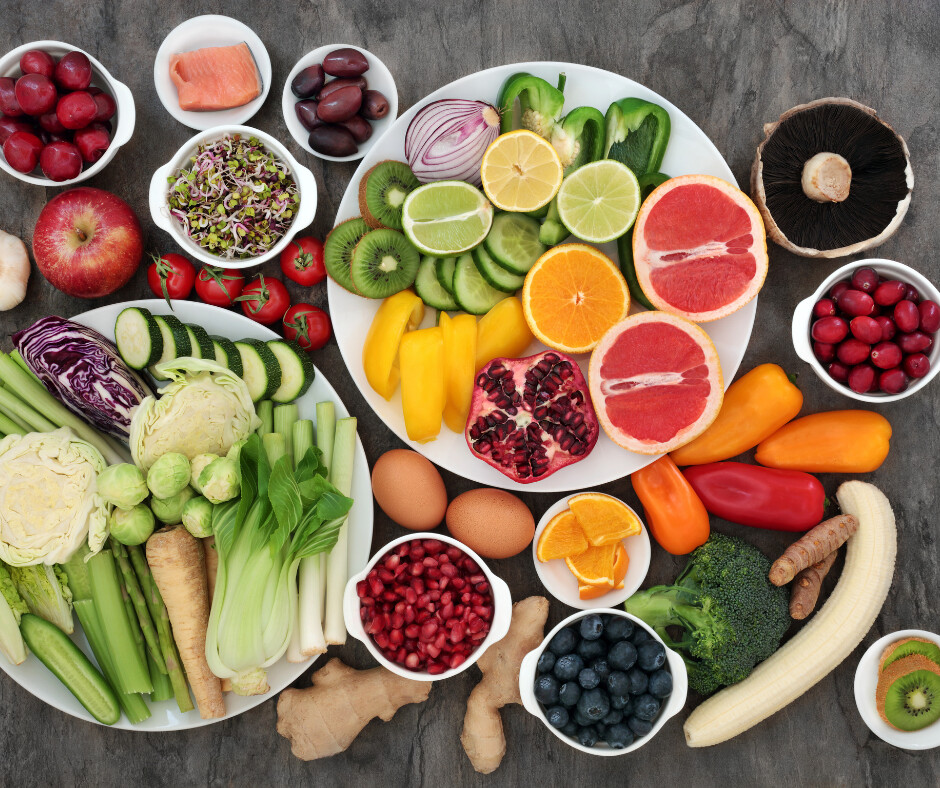
Most cells in your body have specific functions. A stem cell doesn’t have a specific purpose and can turn into any cell as needed. They can turn into specialized cells, such as blood cells, brain cells, bone cells, or heart muscle cells through the process of differentiation. Self-renewal, or differentiation, can occur in your body or in a laboratory provided the right conditions. There are several types of stems cells that are categorized based on their potential to differentiate. Stem cell therapy involves replacing damaged cells with stem cells that can differentiate as needed. This process uses a type of stem cell known as mesenchymal stem cells. Stem cell therapy has shown great potential for reducing inflammation and becoming a potential therapy option for a variety of diseases. Although not as powerful as stem cell therapy, here are some ways you can encourage your body to produce more of it's own stem cells and improve their function naturally.
Regular Movement
Exercise is critical for your health and well-being. Research shows that exercise helps to increase the number of stem cells in the body. In addition, exercise helps with tissue regeneration and function. Try a mix of cardiovascular, strength- and resistance training, and low impact exercise. It's best to stay active throughout the day by taking regular walks and stretching regularly. You can also opt to take the stairs, or walk/bike instead of driving. Gardening and dancing also count.
Healthy Diet
Your diet plays a significant factor in your body’s natural regeneration cycles. Adding stem cell-friendly foods into your diet is a good first step to promoting natural cell growth. Berries such as blackberries, goji berries, pomegranate, blueberries, and raspberries all support liver health and reduce inflammation. Cruciferous vegetables such as cauliflower, broccoli, kale, cabbage, bok choy, & Brussels sprouts are some of the best foods for stem cell growth. Green leafy vegetables also help reduce inflammation and support stem cells. Mushrooms like maitake and shiitake, are high in micro-nutrients known as polyphenols. These nutrients are stem cell enhancers. Seafood and fatty fish are another powerful and natural adult stem cell activator. It is also important to make an effort to decrease or eliminate added sugars, or foods that quickly convert to sugar, because sugar inhibits stem cell growth and function.
Sleep
Research has shown that lack of sleep, or insomnia, is very detrimental to stem cell function. 4 hours of sleep decreases the ability of stem cells to migrate through the body by nearly 50% while 7-8 hours does the opposite. A good nights sleep helps to renew the quality of circulating stem cells. Other studies show that a good night's sleep can help keep stem cells younger. High-quality sleep is important for nearly every one of our bodily functions.
Reduce Your Calories
It has been shown that even short-term calorie restriction can improve stem cell function. One way to do this is to eat within a time restricted window. The most common version of this type of eating is to consume your food during an 8 hour window. This is known as intermittent fasting. Increasing fasting for 24 hours or longer has also been shown to improve stem cell regeneration.
Avoid Chemicals
Unfortunately, you are exposed to chemicals on a daily basis through food, air, and the products you use on your body and in your home. Although the dose of each individual chemical may be low, the cumulative exposure can end up compromising your health. Many of the chemicals disrupt key pathways that are related to stem cell function. Eliminating as many chemicals as possible will help your body function optimally. The Environmental Working Group (EWG) has one database called Skin Deep and one called the Guide to Healthy Cleaning. These databases can help you find the least toxic products.
Did this help you? If so, I'd greatly appreciate it if you commented and/or share it on social media.

Email: sharonledwards@hotmail.com
Facebook: https://www.facebook.com/sharonledwardsbiz/



